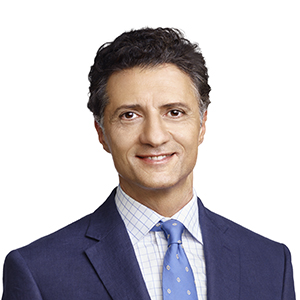Pituitary Disorders
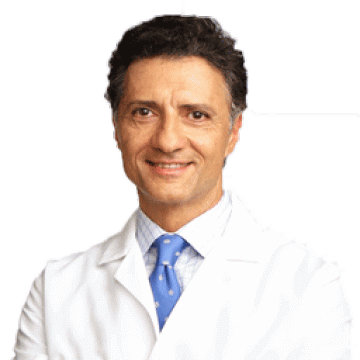
Getting treatment for pituitary gland disorders at City of Hope puts you at the center of some of the most innovative and groundbreaking research and surgical methods for brain tumors. Our neurosurgeons regularly treat difficult cases and use their expertise to design innovative, less invasive surgical approaches — including using fewer incisions to remove most of the tumor tissue to preserve patient functioning and quality of life.
Pituitary tumors, which start in the pituitary gland, are usually benign (noncancerous) and represent up to 20% of all primary brain tumors.
Accurately diagnosing pituitary disorders requires an expert and deeply experienced team that can accurately diagnose you — so that you get the best and most effective treatment.
City of Hope’s approach to treating pituitary disorders starts with a coordinated, multidisciplinary care team whose primary goal is finding a treatment plan that extends your life.
City of Hope conducts pituitary disorder clinical trials, which may be unavailable to the general public. Current research ranges from genetic testing to developing better imaging techniques to DNA-based growth hormone therapy.
Getting treated for a pituitary disorder at City of Hope means you are steps away from labs where new cancer treatments are being developed every day.
When you come to City of Hope, you automatically gain access to an unparalleled array of support services to help you and your family take each step in your pituitary disorder treatment and recovery.
When it comes to treatment for pituitary disorders, City of Hope has an unmatched reputation for comprehensive and compassionate care. Our team has pioneered state-of-the-art procedures that target tumor cells while minimizing side effects. We bring together broad expertise from multiple disciplines under one roof to provide exceptional care, including:
- Advanced tests that detect pituitary disorders early, before they do serious harm
- Minimally invasive surgery targets tumors while preserving healthy tissue
- Unique surgical expertise removes tumors once considered inoperable
- Radiation therapy, including ultraprecise helical TomoTherapy
- Drug and hormone therapy to control irregular hormone production
- Pioneering drug research and clinical trials
City of Hope’s team of neurosurgeons, endocrinologists, researchers, nurses, radiologists and genetic counselors work together closely at all stages of your care to provide seamless, coordinated care. We balance that approach with personalized medicine — not just when it comes to your condition, but the kind that makes you feel supported throughout your treatment. And our commitment to personalized care means preserving your quality of life is at the heart of your treatment.

City of Hope is one of the few facilities designated a comprehensive cancer center by the National Cancer Institute.

Our developments in the areas of breakthrough cancer drugs, bone marrow transplants and CAR T cell therapy are recognized internationally.

Our leadership in research and innovation continually enhances our ability to provide novel and differentiated approaches to cancer care.
Behnam Badie, M.D., is a renowned neurosurgeon and expert in the field of surgical neuro-oncology, nanotechnology and T cell research.
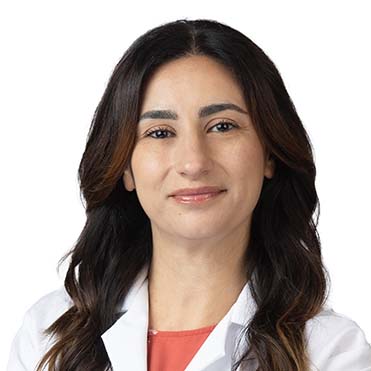
Nairi Berner, M.D., is an Assistant Clinical Professor, Department of Diabetes, Endocrinology & Metabolism.
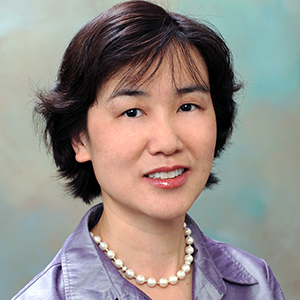
Bihong (Beth) Chen, M.D., Ph.D., is a radiologist and researcher with a focus in neuroimaging, neuroradiology and body interventional radiology.
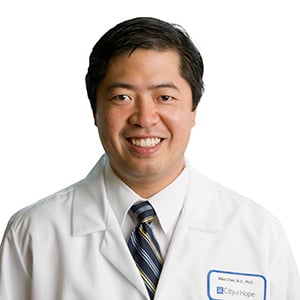
A prolific researcher and talented surgeon, Mike Y. Chen, M.D., Ph.D., has been on City of Hope's neurosurgery team since 2007. He specializes in complex operations for the removal of brain and spine tumors.
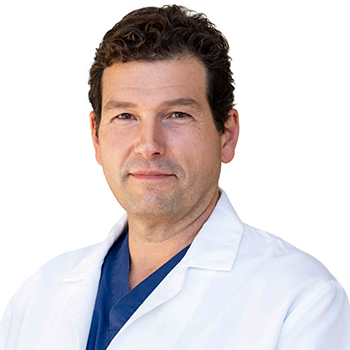
Massimo D'Apuzzo, M.D., is a neuropathologist and anatomic pathologist focusing on brain tumors.

Savita Dandapani, M.D., Ph.D., is a radiation oncologist at City of Hope who specializes in improving treatment outcomes and reducing side effects for cancer patients undergoing radiation therapy.
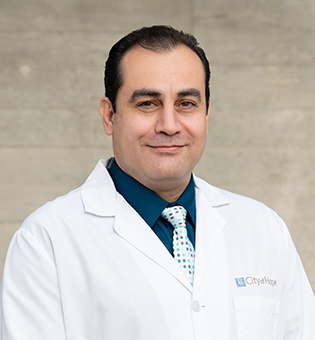
Sasan Fazeli, M.D., is an endocrinologist in the Department of Diabetes, Endocrinology & Metabolism.
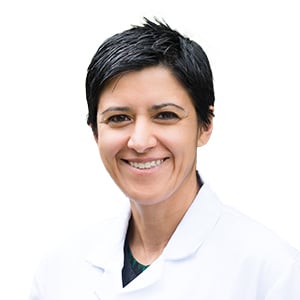
Ellie Maghami, M.D., is a head, neck and thyroid cancer surgeon and The Norman and Sadie Lee Foundation Endowed Professor in Head and Neck Cancer.

Pooja Manroa, M.D., specializes in endocrinology and uses a systematic and methodical approach to diagnosing and treating endocrine disorders.
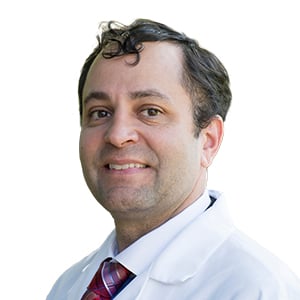
Neal Prakash, M.D., Ph.D., is a clinical professor of the Division of Neurology and director of neuro-optical imaging.
